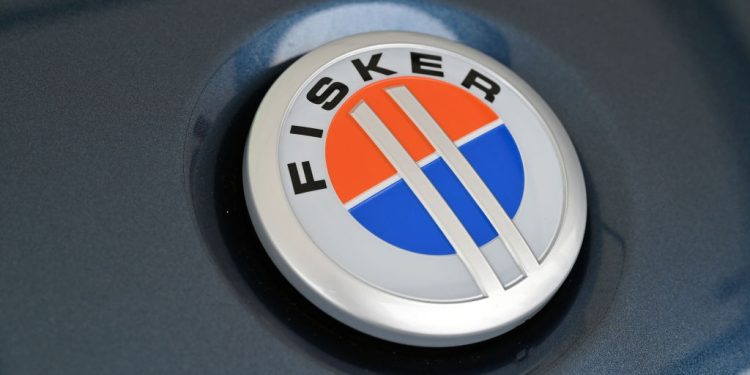Climate alarmists’ dream of an electric vehicle-dominated world has devolved into a nightmare as several EV companies slash production targets amid the crippling inflation emblematic of Joe Biden’s presidency.
In the latest debacle, California-based Fisker Inc. cut its 2023 production forecast to 13,000 to 17,000 vehicles from its prior projection of 20,000 to 23,000, Reuters reported.
The announcement caused Fisker stock to plunge more than 24 percent on Tuesday to an all-time low of $3.11 a share. The stock then rallied a bit before closing at $3.34, down 18.9 percent from Monday’s closing price of $4.12.
This is a stark contrast to Fisker’s all-time high stock price of $32, reached in March 2021.
The company’s revised production estimates led Wall Street analysts, including Barclays, Evercore and Cowen, to slash their price targets.
“The median price target of the 14 analysts covering the stock is $6.50, down from $8 a month ago,” Reuters reported.
CFRA Research analyst Garrett Nelson, who chopped his 12-month price target from $2 a share to $1, said Fisker’s production snag “raises major questions and is likely to add insult to injury for one of the market’s most highly-shorted names.”
Fisker joins a growing legion of electric car makers — both large and small — that are struggling in today’s crushing economic environment.
On Tuesday, EV company Canoo slashed its spending plans for the second half of 2023 by more than 50 percent, citing a plunge in sales.
Last week, Lucid Motors cut its 2023 production goals after suffering losses in the third quarter.
In October, General Motors reduced its own production goals, citing dwindling demand.
In September, Ford halted construction on a $3.5 billion EV factory in Michigan, citing concerns that it might not be profitable.
Morning Consult analyst Julia Martinez said EV demand is muted — despite federal tax credits of up to $7,500 incentivizing purchases — because they’re too expensive for most people, especially amid today’s punishing inflation.
“While consumers still have plenty of concerns surrounding an EV’s battery range, price remains the higher priority when purchasing an EV,” Martinez wrote in a September report.
“Making an expensive, long-term investment by purchasing an EV, even with the help of a tax credit, is still a major commitment in today’s inflationary market.”
The EV industry has been plagued by countless, well-documented reports of:
- Recharging nightmares.
- Limited towing capacity.
- Cold-weather malfunctions.
- Spontaneous battery fires.
There are many people who love their electric cars. That’s great, but the federal government should not intentionally destroy the oil industry and erode U.S. energy independence to force Americans to switch to EVs.
Biden has repeatedly vowed to transition the U.S. away from oil in favor of so-called green energy alternatives that supposedly combat “climate change.”
However, the market has spoken, and the message is clear: EVs are not replacing gas-powered cars anytime soon.
This article appeared originally on The Western Journal.

























